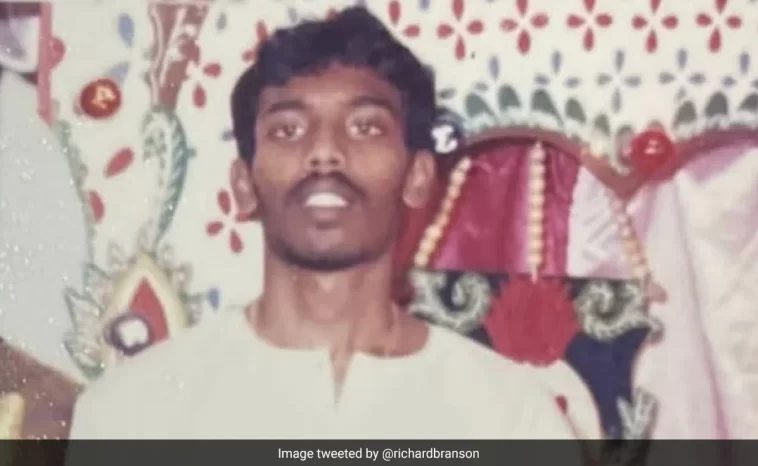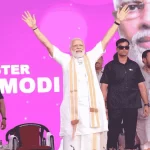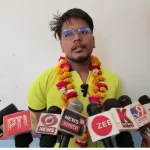A 46-year-old man of Indian descent convicted of aiding drug trafficking in Singapore is scheduled to be executed on Wednesday, according to a media report published on Tuesday, as the city-state rejected demands from prominent anti-death penalty activists to halt the executions.
On October 9, 2018, Tangaraju Suppiah was sentenced to death for attempting to smuggle more than one kilogram of cannabis into Singapore.
In 2014, he was arrested for drug use and neglect to report for a drug test.
Wednesday is the scheduled execution date for Tangaraju, according to a report from Channel News Asia.

Singapore’s Ministry of Home Affairs (MHA) responded angrily on Tuesday to a blog post by British billionaire Richard Branson titled “Why Tangaraju Suppiah doesn’t deserve to die,” in which Branson argued that Suppiah’s conviction did not satisfy standards and that “Singapore may be about to execute an innocent man.”
The ministry stated that Branson’s comments regarding a Singaporean on death row demonstrated “disrespect” for the nation’s judges and criminal justice system.
In addition to Branson, the Delegation of the European Union to Singapore and Australian MP Graham Perrett issued statements.
The EU statement, issued jointly with the diplomatic missions of EU member states, Norway, and Switzerland in Singapore on Monday, urged authorities to suspend the execution of Tangaraju and commute his sentence to one without the death penalty.
According to the report, Perrett posted on Facebook last Thursday that he was “concerned that the planned execution of Tangaraju violates international law standards”
In response to the billionaire’s post, the MHA stated that his claims were “patently false” and that it was “regrettable that Branson, in attempting to argue his (Tangaraju’s) case, would resort to claiming to know more about the case than Singapore’s Courts, which had examined the case thoroughly and comprehensively for more than three years.”
ALSO READ :Modi in Kerala: Cooperative federalism best method to grow India.
“Tangaraju’s defense was that he was not the individual communicating with the two other defendants. “However, the High Court found Tangaraju’s testimony to be unconvincing and determined that he was communicating with the two others and coordinating the delivery and receipt of cannabis to himself through them,” the ministry said.
Contrary to Branson’s assertion that Tangaraju was “actually nowhere near” drugs at the time of his arrest, the evidence plainly demonstrated that he was coordinating the delivery of drugs for trafficking, according to the document.
“Tangaraju was involved in a case with two others, where his phone numbers were used to communicate with the two others involved in the delivery of cannabis,” the MHA said, adding that the High Court determined that Tangaraju intended to traffic the drug.
The ministry reaffirmed Singapore’s “zero-tolerance” policy and “multi-pronged approach” to addressing substance abuse, which includes rehabilitation programs.
“The death penalty is an integral part of Singapore’s criminal justice system and has been effective in maintaining Singapore’s safety and security,” the Ministry of Home Affairs (MHA) stated, adding that it is administered “judiciously with stringent safeguards.”
In September of last year, Law and Home Affairs Minister K Shanmugam stated that the death penalty for drug trafficking is in the best interests of Singaporeans.
Shanmugam stated, citing a ministry survey indicating that nearly 87% of Singaporeans support the death penalty, “Therefore, there is not much debate within Singapore. “There are those who continue to emphasize the same points.” He added that Singapore’s death penalty laws are not unique. China, India, and the United States, the world’s three greatest nations, also employ the death penalty.




